Solar Forensics: Investigating PV Performance & Reliability
Like CSI for solar energy, we uncover the root causes of issues in solar cells, panels, and systems across the entire value chain.

Think of us as CSI for solar energy. We investigate performance limitations and reliability issues in photovoltaic technologies, from individual solar cells and panels to large-scale PV systems. Using advanced characterisation, modelling, and data analysis, we diagnose problems and uncover pathways to improve efficiency and longevity across the entire solar value chain.
Meet the Team
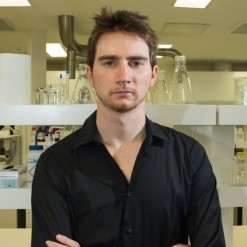
Dr. Fiacre Rougieux
Group Leader

Hanrong Huang
PhD Candidate

Yang Tang
PhD Candidate

Zhimeng Wang
PhD Candidate

Bella Yang
PhD Candidate
Alumni
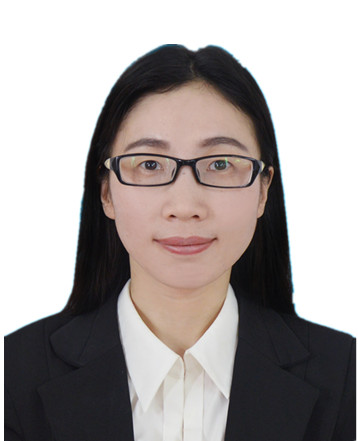
Yan Liu
Researcher
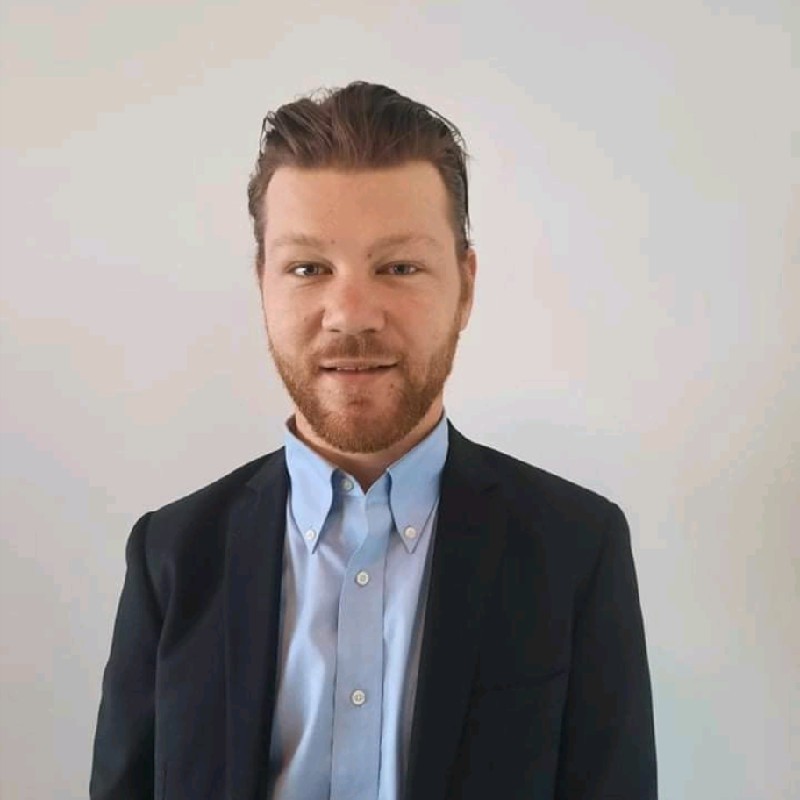
Ryan Hall
PhD Candidate

Zhuangyi Zhou
PhD Candidate

Yalun Cai
PhD Candidate

Abhinav Sharma
PhD Candidate
Our Research Focus
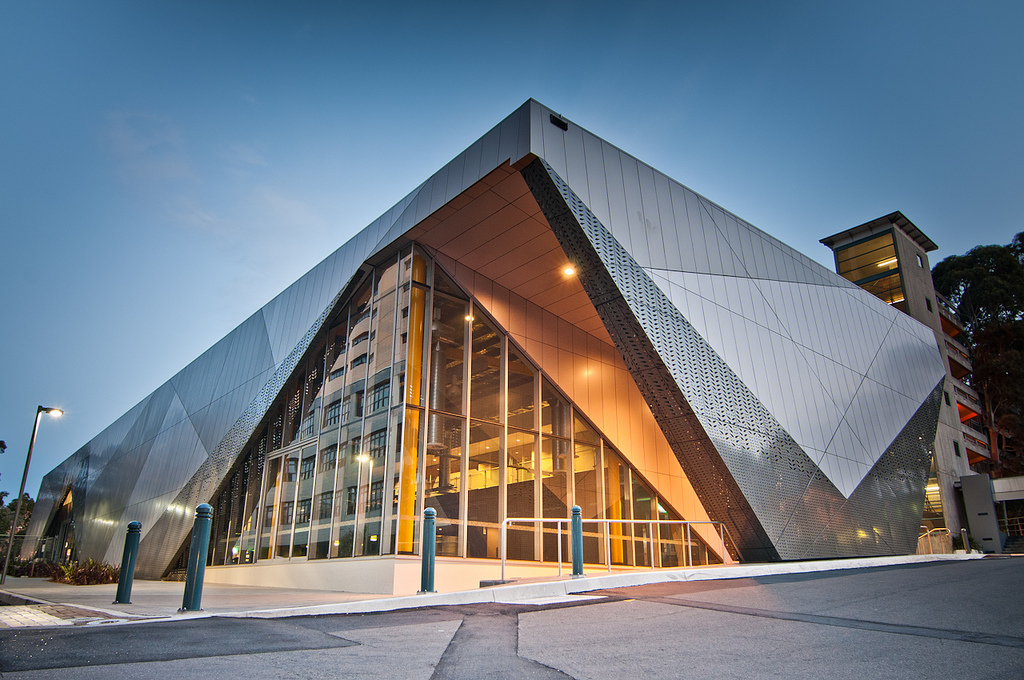
Our research targets five key areas to push the boundaries of photovoltaic and optoelectronic technology:
- Advancing data-driven PV system performance diagnosis.
- Creating ultra-reliable "50-year" modules through reliability engineering.
- Boosting industrial solar cell efficiency via advanced defect/surface passivation and novel contacting.
- Developing next-gen high-efficiency solar cells beyond single-junction limits.
- Innovating light-emission and power-electronics devices with novel materials and configurations.
Key Technologies
- Deep Level Transient Spectroscopy (DLTS)
- Impedance Spectroscopy
- Lifetime Spectroscopy
- Laser Processing
- Photoluminescence Spectroscopy
- Time-Resolved Optical Spectroscopy
Modelling Expertise
- Advanced System Modelling (HOMER, PV lib, Sunsolve)
- Advanced Module Modelling (TCAD)
- Detailed Cell Degradation Modelling
- Detailed Recombination Modelling
- Advanced Defect Modelling (DFT)
- Ab Initio Material Property Calculations
International Collaborators
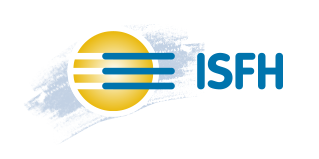




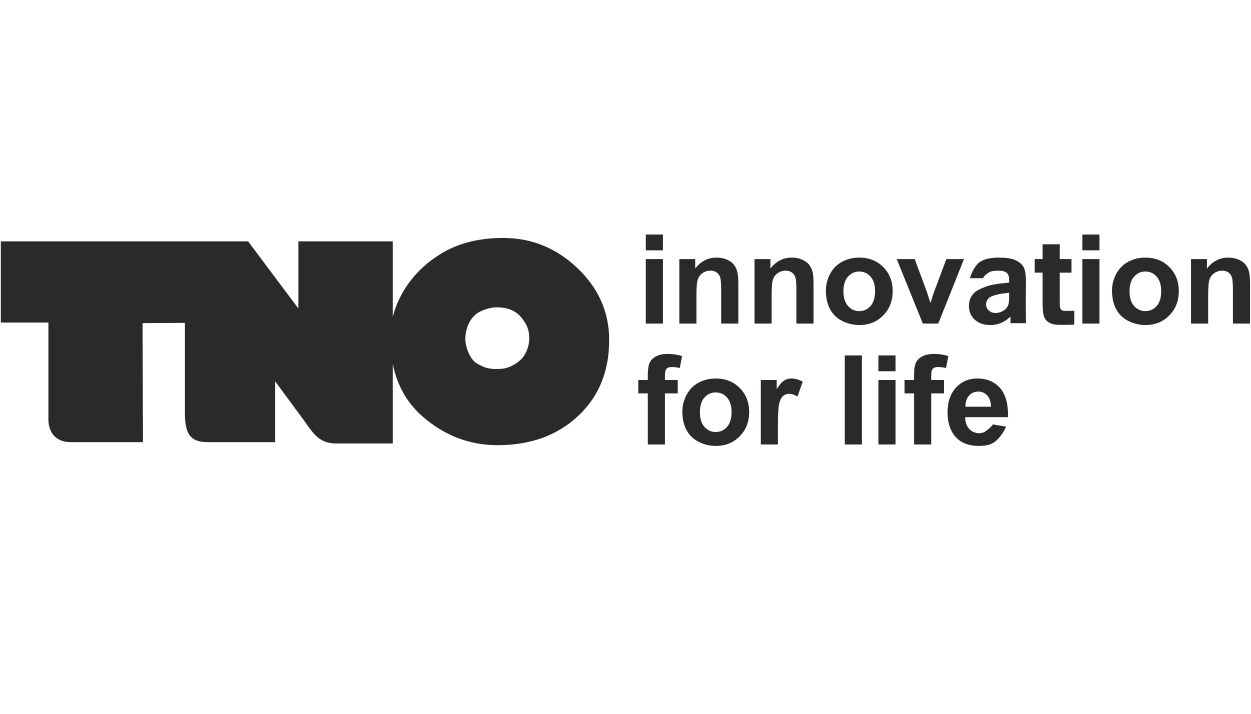

Publications
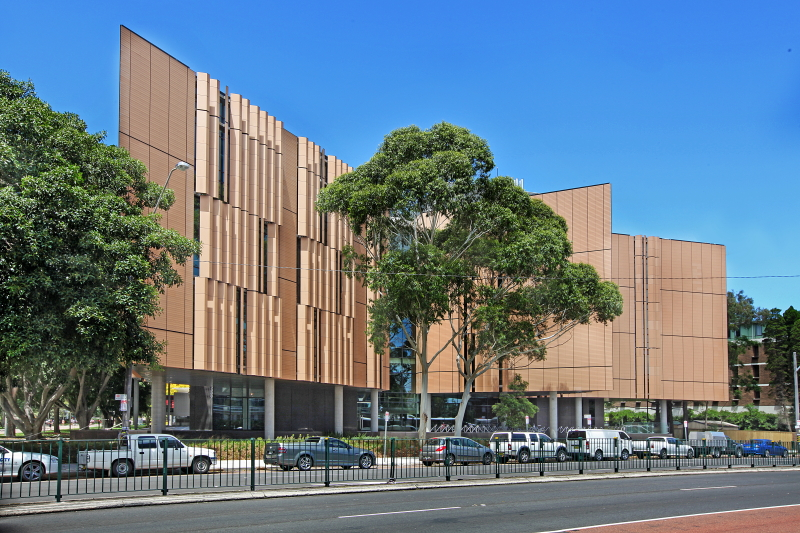
Teaching & Education
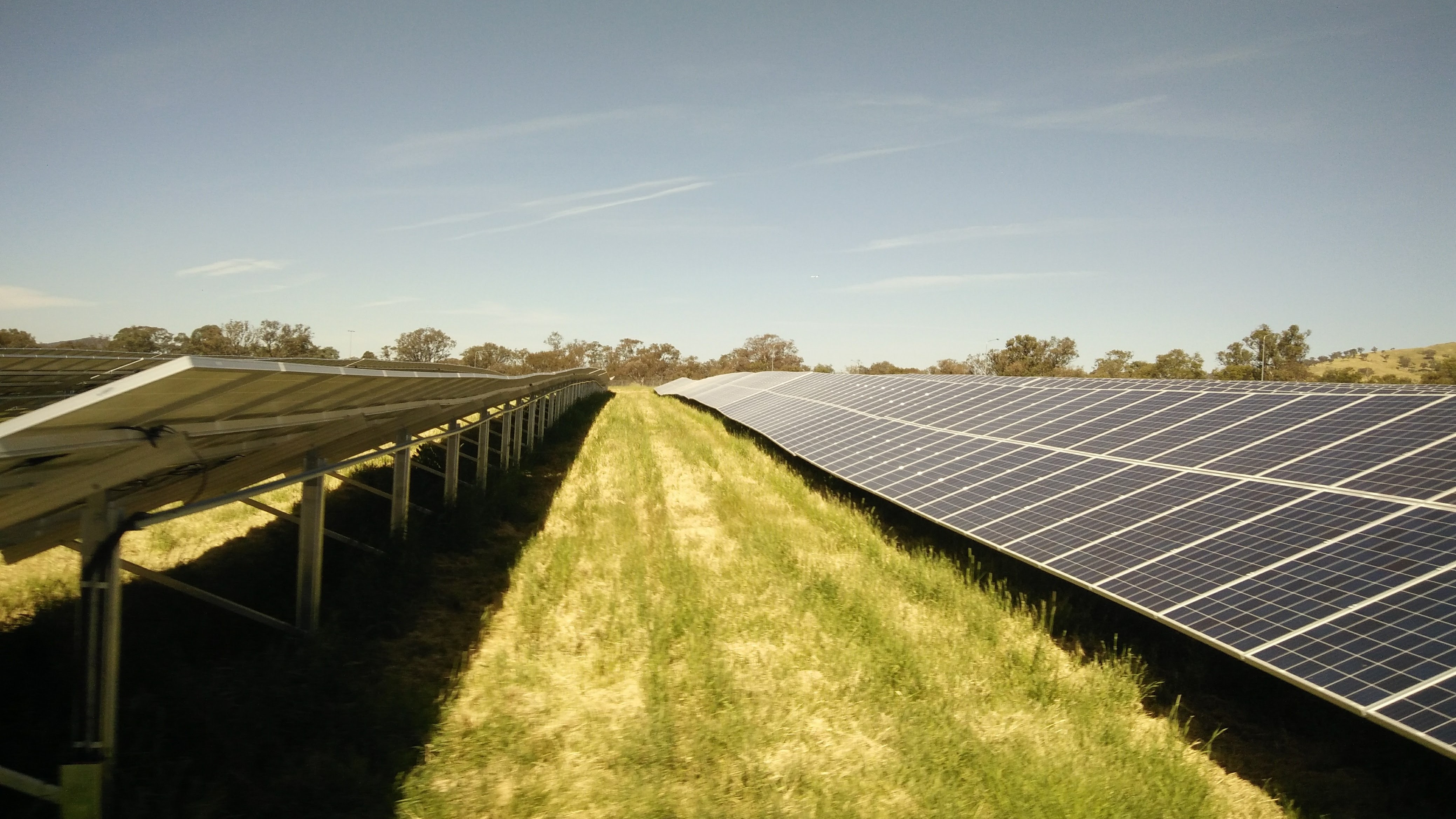
Applied Photovoltaics
Learn to design Australian Standards compliant stand-alone PV Systems.
Our Supporters





Join Us
PhD and Honors Opportunities
We are seeking passionate and talented students to join our innovative research team. If you're interested in pursuing a PhD or Honors project in cutting-edge photovoltaic and materials science, please get in touch!
Contact Us